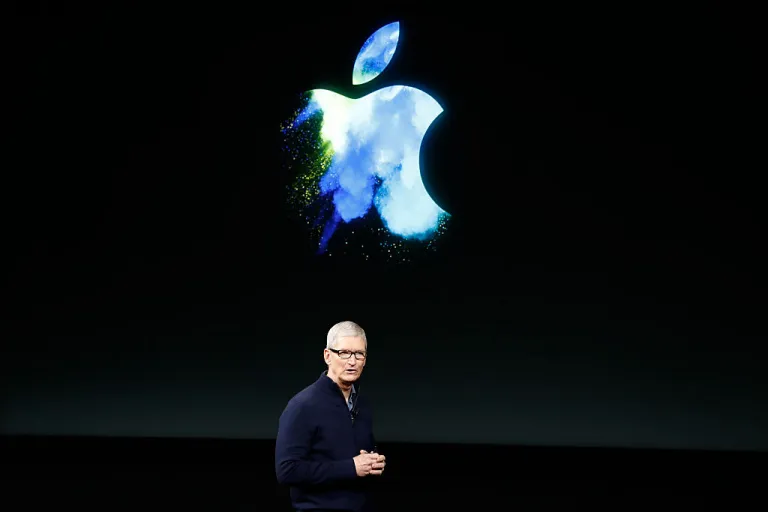Wondering if Apple will raise prices after absorbing $900 million in tariffs? You're not alone. Many consumers and tech startups outfitting employees with Macs are asking whether higher tariffs will soon drive up the cost of iPhones, MacBooks, and other Apple products. Fortunately, according to Apple CEO Tim Cook, there are no immediate plans to increase prices — a relief to buyers navigating an already inflation-sensitive tech market. Despite a significant tariff expense last quarter, Apple’s pricing strategy remains steady, and Cook hints at smart moves behind the scenes to protect customers from future hikes.
Image Credits:Stephen Lam/ Getty ImagesApple’s recent first-quarter earnings reveal a surprising story. Even after paying an eye-watering $900 million in extra tariffs, the company posted revenue of $95.4 billion and a record-breaking earnings per share (EPS) profit of $1.65. For a tech giant of Apple's scale, this tariff hit was considered “surprisingly low,” according to analysts on the earnings call. This resilience underscores Apple's financial muscle and strategic supply chain diversification—factors critical for customers and investors worried about price volatility.
When directly asked if tariffs would lead to price increases, Tim Cook offered a reassuring response: “Nothing to announce at this time.” Apple's strategic shift in its global manufacturing footprint plays a big role here. A larger portion of iPhones are now being imported from India, while many Mac computers are being produced in Vietnam. Devices manufactured in China are increasingly earmarked for non-U.S. markets, limiting Apple's exposure to U.S. tariffs. This deliberate diversification is helping to contain costs and maintain competitive pricing in the U.S. — a huge win for consumers.
However, not every division escaped unscathed. Cook revealed that AppleCare and accessory products like iPhone cases took the largest tariff hit, with rates soaring to at least 145%. These categories, often regarded as high-margin businesses, faced steep government-imposed fees. Despite this, Apple has not yet announced any price adjustments for warranty services or accessories, suggesting the company is currently absorbing these costs rather than passing them onto customers.
Behind the scenes, Apple remains heavily engaged with policymakers to influence tariff policies, especially as the U.S. Commerce Department investigates how tariffs impact the semiconductor supply chain and the devices that depend on them. Cook emphasized that Apple’s major product lines — including the iPhone, Mac, iPad, Apple Watch, and Vision Pro — are not currently subject to "global reciprocal tariffs," providing a temporary cushion against even higher operational costs.
For consumers and businesses debating whether to purchase now or wait, Cook's comments offer a clear signal: there's no urgency to rush. Apple's proactive steps, such as expanding production outside China and engaging in policy discussions, are designed to stabilize pricing over the near term. Yet with global supply chains in flux and potential tariff changes on the horizon, staying informed remains essential for those planning significant tech investments.
Ultimately, Apple's ability to absorb a $900 million tariff hit without immediate price hikes speaks volumes about its operational agility and commitment to customer satisfaction. By strategically shifting manufacturing, actively influencing trade policy, and maintaining strong financial health, Apple continues to safeguard its brand reputation—and your wallet.


